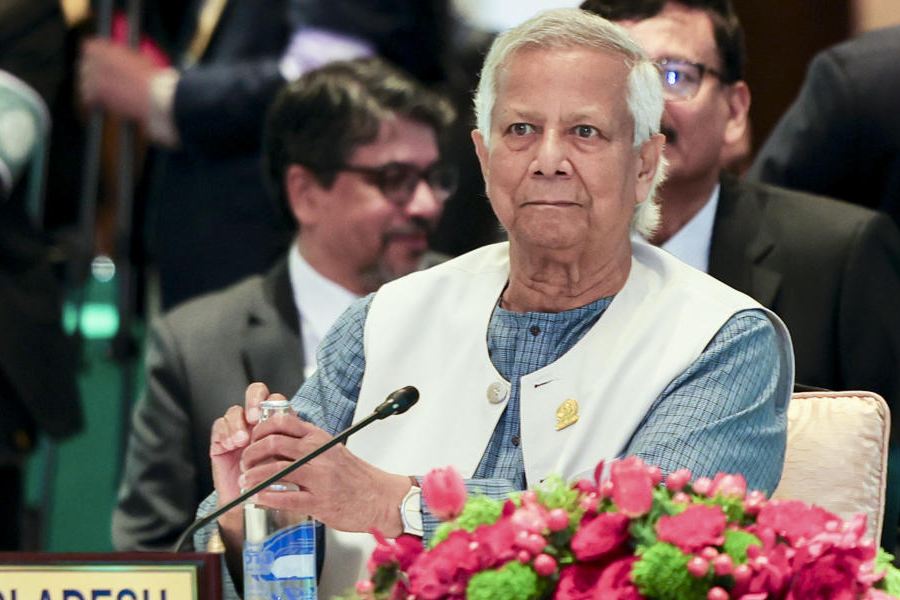 |
Patna, Feb. 20: Frequent transfer of Patna Municipal Corporation (PMC) commissioners is proving to be a boon for the land mafia in Patna.
The Bakri Bazaar area on Station Road, which originally belongs to the PMC, has been encroached by the land mafia for the past several years. The PMC had been fighting a case in the Patna High Court to get the land vacated and start the construction of a commercial complex at the spot.
The court recently passed a judgment in favour of the corporation and its officials expedited the work to remove the encroachment as soon as possible. However, the transfer of the PMC head yet again within six months might delay the launch of the commercial complex project, and many others, for some more months or may be years.
According to sources, eight Indian Administrative Services (IAS) officials have taken charge as PMC commissioners since its merger with the Patna Regional Development Authority (PRDA) in February 2007. Five of them were transferred even before the completion of six months in chair. Sources said frequent transfer of bureaucrats severely hampers various development works and breaks the continuity of the projects proposed and being implemented by the corporation.
Barring Senthil Kumar, who served as the PMC commissioner from February 2, 2009 to February 24, 2010 and was later booked for over 100 cases of alleged irregularities in the functioning of the corporation, no official has completed six months’ tenure.
Senthil was followed by Sanjeev Hans who was an incumbent in the office for less than a month. After him, Sridhra Chiruvelu was appointed as the PMC commissioner but he too was transferred from the office and in October this year, Manish Kumar took over as the PMC head. Prior to Senthil’s tenure, Rana Awadesh, Mihir Kumar Singh and Vishwanath Singh had worked as PMC commissioners.
Manish Kumar remained in office from September 20, 2010 to February 14 this year before being posted as Jamui district magistrate in a routine transfer of IAS and IPS officials. When asked for his opinion on how his transfer will affect the work in the corporation, Kumar refused to comment. Charges of corruption are seen as the prime reason for frequent transfer of municipal commissioners.
“The corporation has huge assets and the commissioner has immense power at his disposal. Therefore, the government keeps transferring them frequently,” an urban department official said.
Many employees of the corporation, however, are of the opinion that the transfers stall many initiatives and that the commissioners should be given a longer tenure. “Every official has a different working style and different set of priorities. Kumar, for example, took many initiatives to expedite a number of work and also tried to control the corruption in the payment of staffers. He got bank accounts opened for around 1000 sanitation workers so that their salaries are directly credited to their accounts and not gobbled up by corrupt employees. He also booked many tax collectors found to be indulging in fraudulent practices,” said an official in the accounts department.
Those on the receiving end think no different. Biranchi Das, a resident of Rajendra Nagar locality, said, “A new incumbent in the office does not have the time to go into the details that what his predecessor was planning to do and therefore the he or she starts afresh. It cannot be said that the new official will not be serious about the development work but then he will surely have his own set of preferences and interests. He will surely take some time to take stock of the situation. And it is very likely that by the time he understands things, he is transferred from the corporation.”
Divesh Sehra, the newly appointed PMC commissioner, who took over the chair on February 15, was not available for comment.











